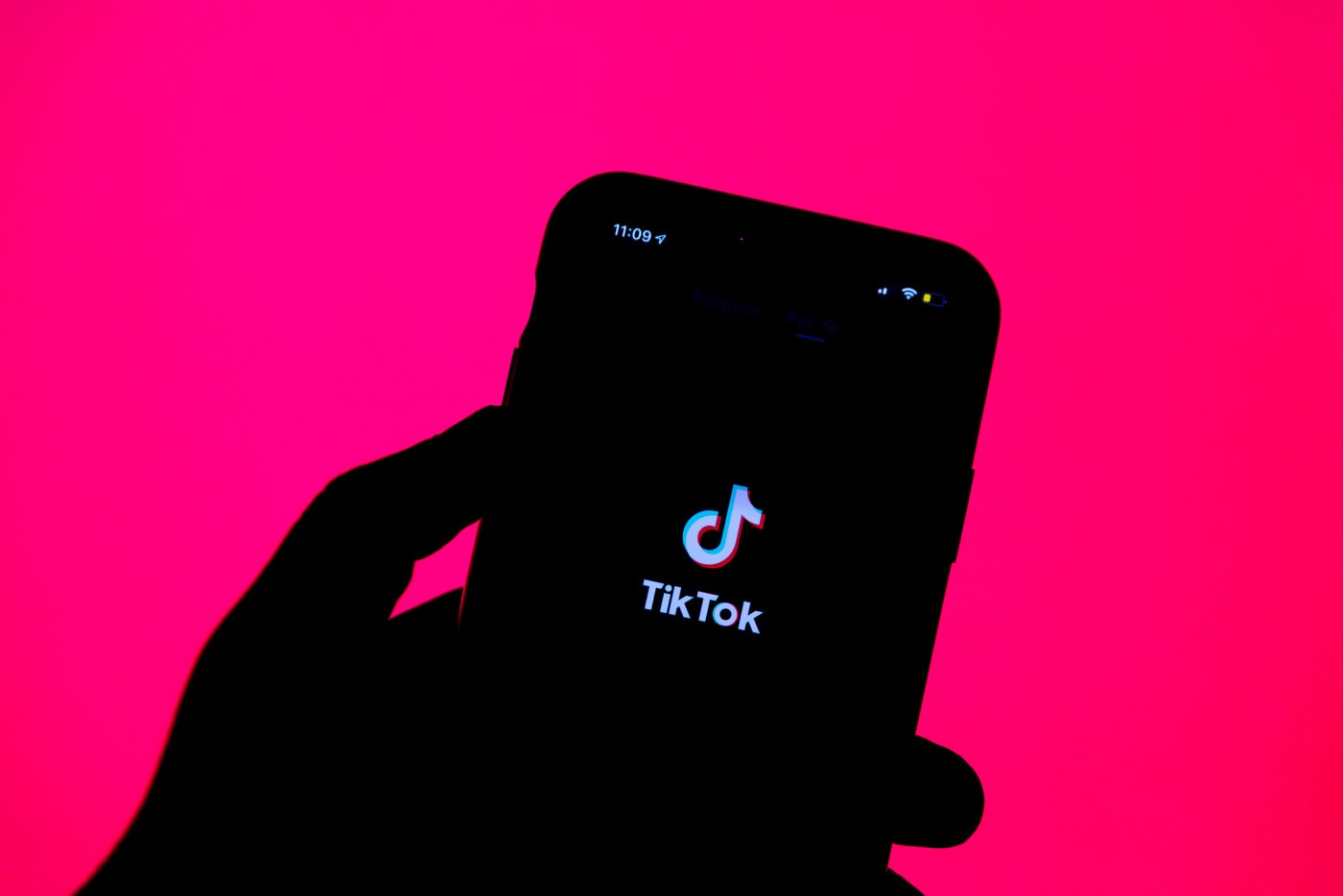Why so fast? The phenomenon of speeding up music for TikTok
The ways that we listen to music and consume this art form has changed over time: from vinyl to CDs to digital libraries full of songs. Digitalisation began with Spotify and allowed people to have the freedom to listen to any song without any expectation of payment. This shift to digitalisation and how we listen to music has transformed even further with the advent of TikTok and the concise video format. This formatting allows creators to “sell” their music and promote themselves as artists. Moreover, it gives them a chance to promote their individual sounds where they have limited or less control over how their music ought to sound it seems. There is a significant wave of current artists making primarily attention-grabbing loud and fast music.
49% of the UK public feel they have a shorter attention span
Now, artists are pressured to conform to what is popular on TikTok to market their songs to a broader audience. As a result, many songs have very similar sounding hooks and sped-up musical formats, conducive to the short format of the platform and the depreciating attention spans of its users. This format has been revolutionised and pioneered by the genre of ‘night core’, which is associated with a high pitch and fast beat in an electronic style to create loud dance music. It was the genre that necessarily first popularised the format now and expectations for songs on TikTok to sound as a benchmark.
Nowadays, there is such an overwhelming oversaturation of information that people have an abundance of song choices. Moreover, young people tend to be moving towards not having a great attention span. King College London (KCL) reports that 49% of the UK public feel they have a shorter attention span. And 51% reported that young people’s attention spans were being affected by technology.
Arguably artists have little want to speed up songs but must attune their music to audiences of TikTok. Although the Icelandic singer-songwriter, Laufey told Why Now that there were particular worries and reservations about the level of exposure her songs would receive and whether they would reflect “[her]identity” as the vocals could potentially be somewhat “distorted.” But for this artist, it “didn’t seem to be an issue.” And it has allowed the jazz genre to become more mainstream and exciting for young people.
Record labels and their ability to sap the creativity out of artists has long been a significant issue
Furthermore, this practice is good for exposing users to different genres. And those past songs are allowed to gain prominence for new generations. However, this has led to an extreme expectation for all songs to sound this way. In some way, the song’s integrity becomes lost. This phenomenon includes George Michael’s ‘Last Christmas’, remembered as a very soppy slow, smooth Christmas tune posted in the lead-up to the holidays in a sped-up formation on George Michael’s official TikTok.
Remastering and remixing allow songs to closely resemble the sounds of today. I appreciate remixes and remasters of many songs reformatted for contemporary sounds. Where the son of former Beatles producer Giles Martin is concerned, he understands how vital progress and change with new sounds are. He says, “if you have a car and you want to make it look nice, you might polish it – that is it. That is remastering. If you’re remixing, you take the car completely to pieces and rebuild it, and then you polish it.” I see the speeding up of songs on TikTok as taking the car apart and remodelling it on the most popular car you could see whizzing by. There is just a desire now to copy what appeals most generally. Still, I feel it potentially dilutes genres, especially those that thrive off slow, smooth sounds.
It is a shame that many artists become coerced into this practice
Record labels and their ability to sap the creativity out of artists has long been a significant issue. This newfound pressure will also hinder producers and musical innovation. Despite this, many do not conform to this trend, such as Mac DeMarco, a Canadian singer-songwriter, as he believes the practice is “very depressing.” The artist never thought his songs “should sound pretty good sped up.” It also seems, from what DeMarco says, that gaining prominence before TikTok allows you the freedom to go above this practice.
Although many artists that got their break on TikTok have to ensure their sound is attractive to a TikTok audience, an artist that comes to mind includes Gayle, one of the great pioneers of this sound on TikTok from her hit: ‘abcdefu’. The artist has released many different versions of this song, which essentially brought her to prominence.
Artists also can gain residuals from their music being played on TikTok. Therefore, it is logical to have many of your songs sped up on a platform where people listen to music all day and will eventually find your songs. Although long have artists had issues with the payment received from these social media giants such as Spotify, which as aforementioned, has pioneered this new way of listening and has a stake in the uploading process to TikTok. It is a shame that many artists become coerced into this practice simply for the good of their careers.

Comments